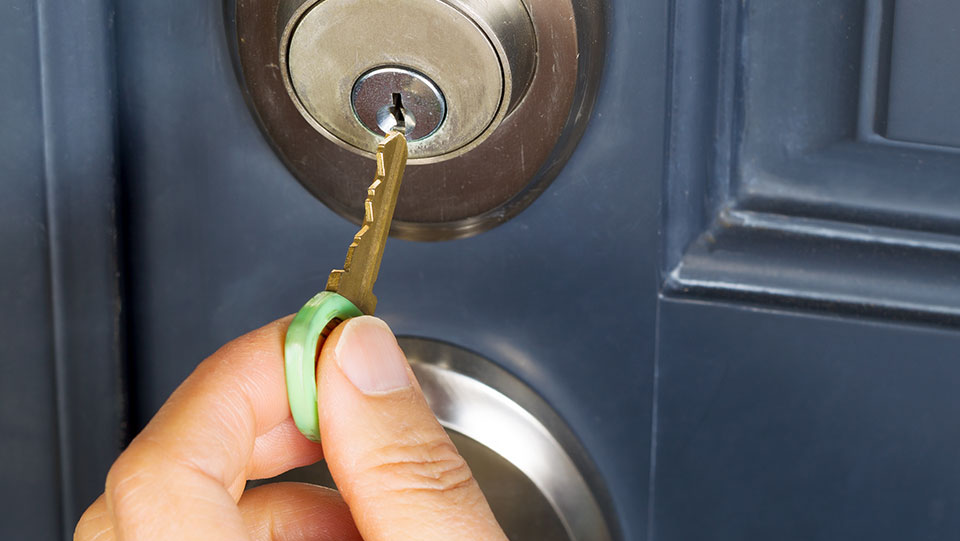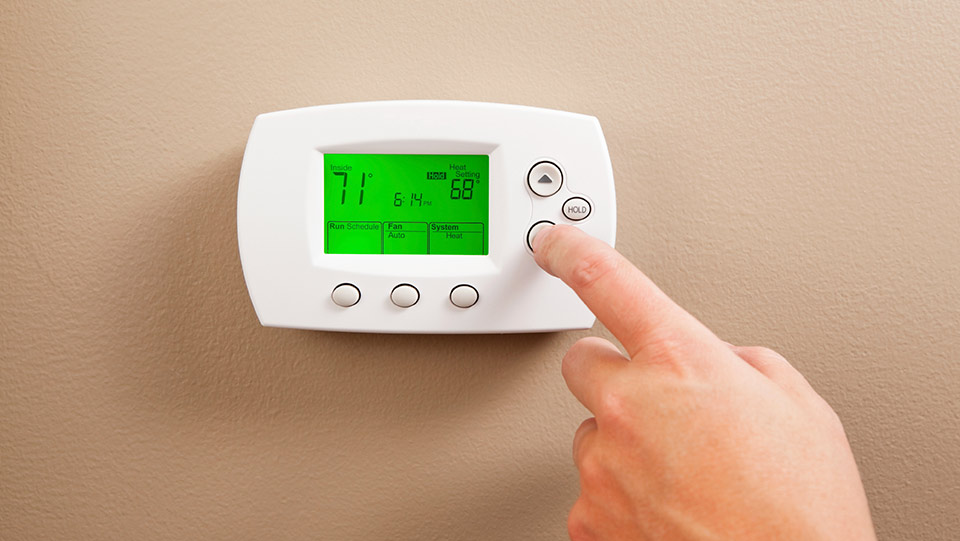6 Things You Need to Know Before Buying a Second Home


As a seasoned homeowner, you’ve been paying down – or already paid off – your mortgage and are now considering buying a second home. This could be a vacation home, an investment property or maybe even a combination of the two.
Since you’ve been through the home-buying process before, you generally know what to expect. However, there are certain factors unique to buying a second home to weigh before you dive into the process. Perhaps first on your list of things to think about is your reason for buying it in the first place.
Why buy a second one?
Here are a few common reasons people buy second homes:
- Living in your favorite vacation spot. If you regularly visit a mountain town, beach village, city or wilderness area, you may want to buy a second home there. It gives you a place to call home in one of your favorite travel destinations.
- Earning cash flow and growing wealth. Renting out a property when it’s vacant can generate cash flow. Long-term ownership in a good location may increase your wealth.
- Providing housing to a family member. Your children or parents may need a place to live, and if you’re financially able, perhaps you desire to buy them a home. If so, you’ll potentially get tax benefits and appreciation of the home’s value. Charging rent is optional.
- Securing a home for your golden years. Most people plan to retire someday. A second home can become your part-time home now and then your primary residence when you retire.
What to consider before buying a second house
If some or all of the common reasons for purchasing a second home appeal to you, here are six essential things you should consider before you buy. These factors can vary depending on how you intend to use the property.
1. Is buying a second home a good investment?
When you buy the right property and maintain it well, it can potentially become a great long-term investment either as a rental or if you sell it in the future. With a vacation home – depending on how you use it – the mortgage interest and property taxes may be deductible on your annual income tax return.1
Before buying, carefully research and choose the right location for your needs. For example, you may not get as much use as you’d like from a vacation home that requires extensive travel to get there. Or if you’ve purchased a rental home in an unpopular area, it may lead to months of the property being unoccupied. This would leave you having to pay the second mortgage out of your pocket instead of using rental income to pay it down.
For potential resale or rental value, it can help to focus on areas where more people like to live or visit. This includes popular vacation destinations or cities with abundant career options.
2. Can I afford a second property?
If you already have a house with a mortgage, it’s important to know whether your budget allows for a second home. After all, you’d now have two mortgage payments, as well as taxes, insurance, utilities and maintenance for both properties.
Some experts suggest not spending more than about a quarter of your monthly income – before taxes – on all your debt payments (including the second home loan). This is known as your debt-to-income ratio.2 It’s a helpful way to know if a second home fits within your current budget. Your mortgage lender will look at this as well, along with your credit score, as they evaluate whether to approve you for a loan.3
A second home will require a down payment as well. Plus, you’ll have closing costs and you’ll need to think about homeowners insurance coverage, as your second home will need to be protected. Be sure to talk to your insurance agent about getting a quote once you have your sights set on a potential second property.
How much do I need to put down on a second home?
Most lenders require a down payment of at least 10% on a vacation home.4 The amount may be even higher if it’s an investment property.
Every lender uses different criteria to approve applicants. You may find lower rates or better approval odds if you talk to multiple lenders. You’re more likely to get the lowest down payment and most favorable interest rates if you have an excellent credit history.5
3. How will it affect my taxes?
Understanding the tax implications of your new property will be another challenge. If you rent your place to tenants, you’ll earn rental income throughout the year, and that income is taxable. As the homeowner, you may also be able to take deductions in the form of mortgage interest, property taxes, repairs, depreciation and operating expenses.6
One of the most important things to do as the landlord is to maintain accurate records of your income and expenses so you can report the information properly when filing taxes.
Buying a second home in another state
Every state and locality has different tax laws and regulations. When buying a home out of state, look into the state, county and other local property tax requirements. Some areas could have higher or lower property taxes than where you live. This can make a difference in whether a second home is affordable and fits into your budget.
Additionally, keep in mind that property taxes are often levied based on property value. Therefore, higher-value properties would generally come with higher property taxes.
4. What other home expenses should I expect?
Just like your primary residence, unexpected and unplanned expenses may occur with your second home. Having a budget set up for these types of incidents can help prevent or relieve financial stress.
In addition to maintenance or potential repair costs and property taxes, you could have homeowners association dues. If the house is at the beach or in a flood zone, you’ll also want to consider flood insurance. Remember, flood coverage isn’t typically included in your homeowners policy. Finally, if you plan to rent the property, you’ll also need to look into insurance options that specifically protect landlords.
5. How will I use the property?
Will this home be purchased mostly for personal use, or will it be occupied by tenants? If the property will be used solely for your own vacations, this question isn’t as critical. But if you intend to rent the home to others, determine your plan for renting the property as early in the process as possible. This will help ensure that you’ll have steady rental income that can offset the home’s monthly expenses from the start, especially if you choose reliable tenants.
6. Who will maintain the property?
To help protect your investment, make a plan for who will maintain the property. Is the investment home located near your primary home? If so, you may decide to perform the regular maintenance and upkeep of the home if you have time and the proper experience. Or you can hire a trusted professional to do the work.
If the property is far away from your primary home, ask yourself how it’ll be cared for when you’re not staying there. For a house intended only for your personal use, you may be able to find a neighbor to keep an eye on it when you’re not there. With a property you’re planning to rent out, you could hire a rental management company to take care of the general upkeep.
Is owning a second home worth It?
When determining if owning a second home is worth it, it all comes down to personal pros and cons. A second home can be a lot of work and a major expense, but it can also be highly enjoyable and profitable.
Whether you use it for vacations, retirement, rental income or all of the above, you’ll want to protect your investment with homeowners insurance.
To learn about the homeowners insurance options available to you, contact your local independent agent, get a quote or speak with a Travelers representative today.
Sources
2 https://www.amwestfunding.com/Debt-to-income-Calculator
3 https://www.consumerfinance.gov/owning-a-home/prepare/check-your-credit/
4 https://themortgagereports.com/21116/second-home-mortgage-qualify-for-vacation-residence
5 https://www.consumerfinance.gov/owning-a-home/prepare/check-your-credit/



